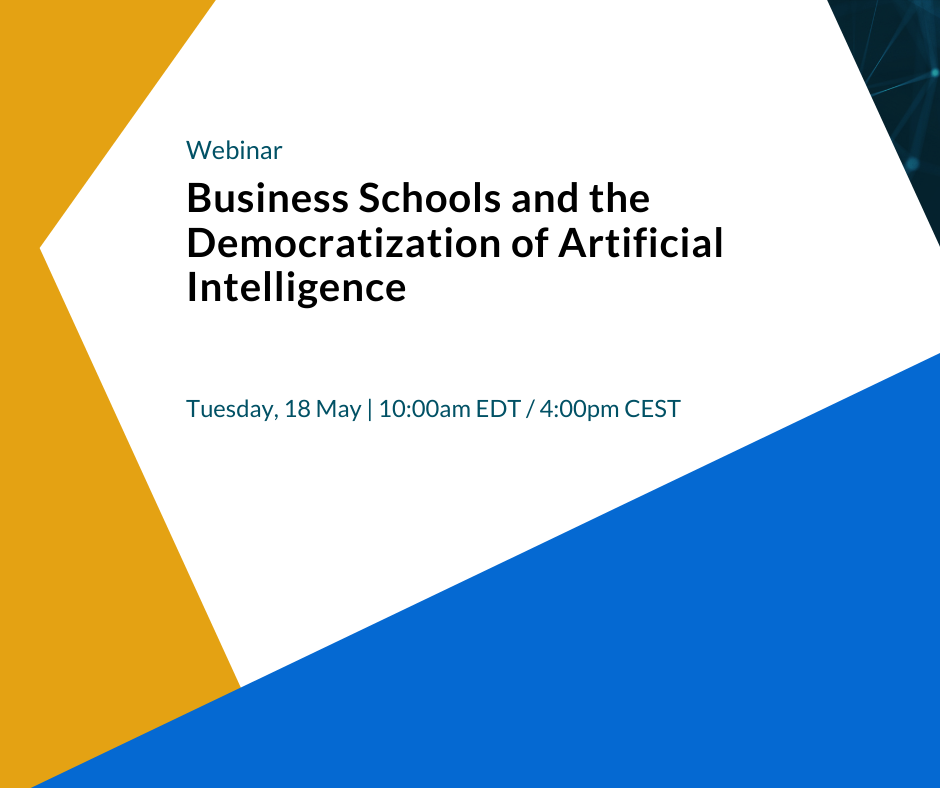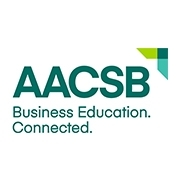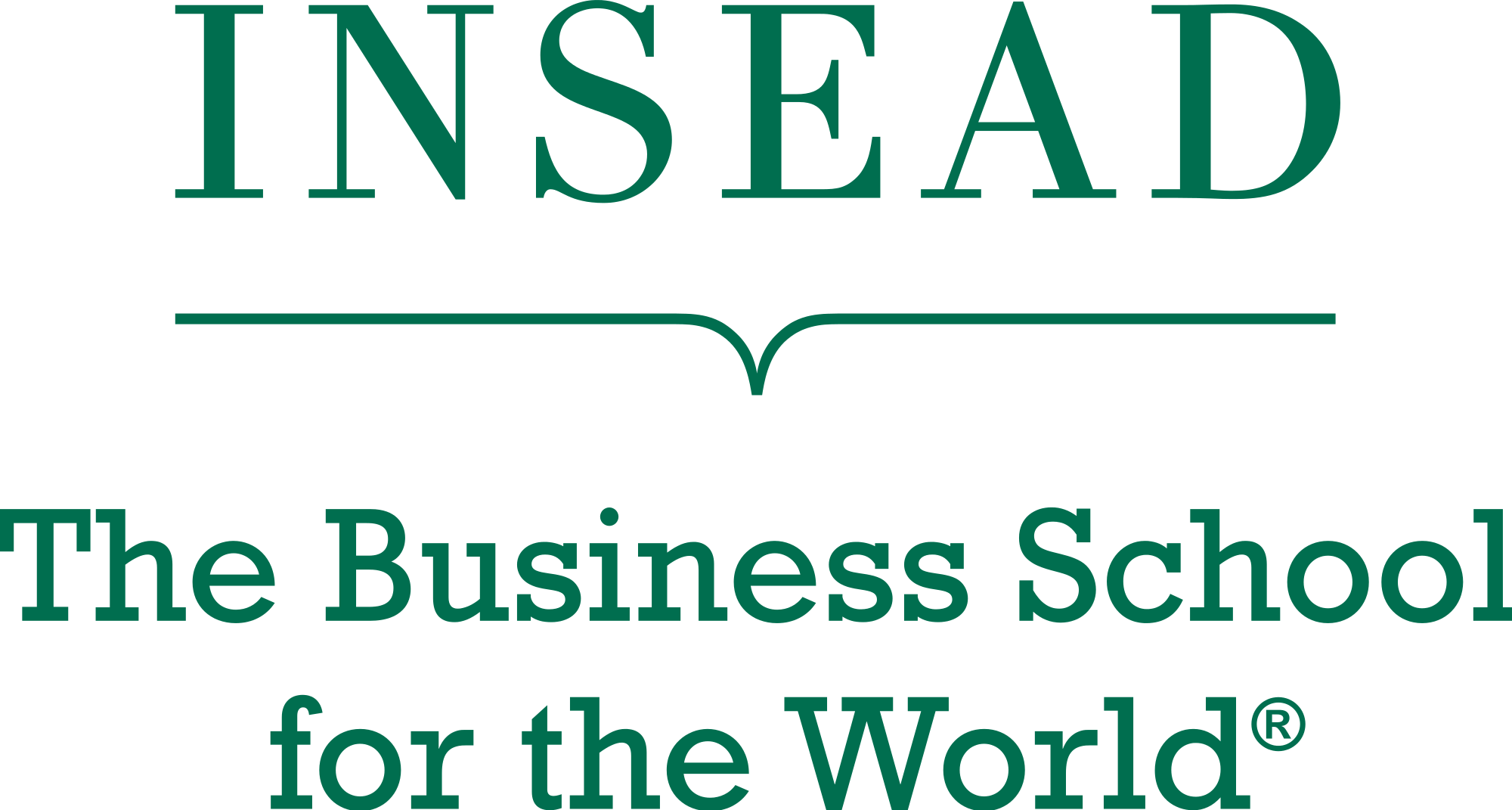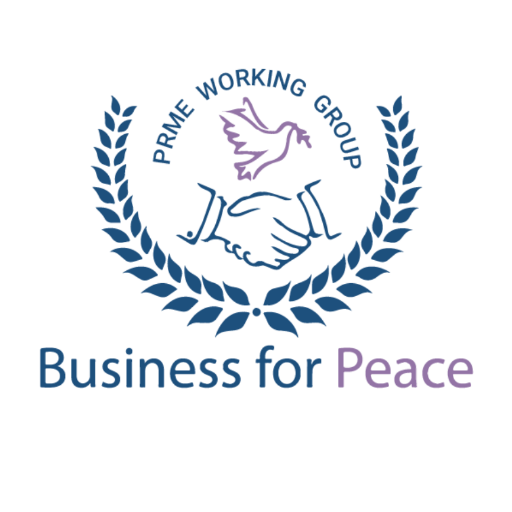The Center for International Private Enterprise (CIPE) strengthens democracy around the world through private enterprise and market-oriented reform. CIPE is an affiliate of the U.S. Chamber of Commerce and one of the four core institutes of the National Endowment for Democracy. Since 1983, CIPE has worked with business leaders, policymakers, and civil society to build the institutions vital to a democratic society. Policy & Program Learning (PPL) is CIPE’s applied research unit that explores, among others, emerging strategic issues in policy reform and models of business leadership conducive with democracy that delivers.
Background
Over the last decade we have witnessed mounting resistance to democracy around the world. The emerging markets with their fragile institutional foundations have been especially vulnerable to such antidemocratic movements. Emboldened populist parties, autocratic regimes, and state-controlled corporate capitalism have seized the momentum to cement distrust on the legacy of liberal institutions and legitimacy of private enterprise as the generator of economic and social growth.
To deepen the discussion on these topics, PPL is issuing a call for papers that examine the evolving, but inherent relationship between private sector and democratic development. Research proposals should focus on emerging themes that reveal opportunities and barriers which strengthen and challenge the intrinsic link between market-oriented reform and equitable economic growth buttressed by an open and transparent democratic government. The following questions serve as a guide to frame the research and propose relevant topics.
I. Government Intervention & Business-government Relations
- What are the drivers, inherent strengths and weaknesses of state capitalism and/or oligarchic capitalism?
- What are the constraints on the expansion of government control over the economy in competitive authoritarian settings?
- Does sustained entrepreneurial activity under authoritarian regimes increase demands for political reforms and open markets? What key factors influence such demands?
- How has business responded to populism in emerging markets? What alternative visions or institutional reform has the private sector proposed?
II. Equality of Opportunity and Small Business Needs
- How does entrepreneurship contribute to inclusive economic growth and under what conditions?
- In economic crises, such as the one induced by COVID-19, what non-financial, non-fiscal, interventions are effective in helping small businesses survive?
- What are the binding policy constraints on SMEs with growth potential?
- What factors influence levels of policy engagement among small businesses (e.g., salience of issues, awareness of policy processes, firm size and age, membership in support organizations)?
- What explains differences in policy engagement by men-owned and women-owned businesses?
- What policy approaches or market conditions are effective against informal and prejudicial norms to women-led businesses and inclusive entrepreneurship?
III. Business Environment Reform
- What is the evidence on the effectiveness of new regulatory approaches that aim to encourage economic innovation (e.g., regulatory sandboxes)?
- What has worked to close gaps in the implementation of policy reforms related to the business environment? Implementation gaps that affect women’s economic empowerment are of particular interest.
- What economic reform processes have gained legitimacy in the eyes of the public?
- In which countries or sectors (e.g., digital) has the pandemic generated new demand for business environment reform?
- What role do business associations play in business environment reform?
- What regulatory space and attention is given to Environmental, Social and Governance (ESG) model of corporate reform in emerging markets?
- What major challenges do governments face in providing an agile regulatory environment in the face of a growing digital economy and disrupting internet technologies?
General paper guidelines
Applicants are free to propose research on a single topic or multiple topics. Papers submitted must be original work and previously unpublished. All research and data analysis should rely on sound methodology, supported by quantitative and qualitative evidence and based on credible sources of information and case studies in developing/emerging markets. Researchers should present the information with a general audience in mind. The writing should be clear and efficient, free of excessive jargon, bureaucratese, legalese and/or academese. Use of graphical/visual presentation of data is expected, but they should be illustrative, making it easier for readers to follow. Overly technical models, if any, (i.e., regression, spatial analysis, etc.) should be placed in a technical appendix.
Following these guidelines, please submit these documents by May 31, 2021.
- An abstract (approximately 300 words) of the proposed topic and research methodology.
- A CV and a sample of research paper, preferably written for a general audience.
- A budget proposal that includes a daily rate, number of billable days, and other expected related expenses incurred during research. The entire cost proposal should not exceed the maximum available funds of 15,000 USD.
Selected applicants will be notified by July 1, 2021.
To submit, please send all requested materials to Mikra Krasniqi at mkrasniqi@cipe.org.
Minimum Qualifications
- Post-graduate degree, from an accredited institution of higher learning, in economics, public policy, business, international relations or other related fields
- A minimum of six years of research and writing experience in policy or economic reform, markets, entrepreneurship, democratic governance, corruption, etc., with a focus in emerging and/or transition economies.
- Strong commitment to ethical and professional standards of research.
Review process
The final research topic(s) will be determined through agreement between the selected researcher and PPL. Full terms, including scope of research, deliverables, and compensation will be specified in a contract or honorarium letter.
Researchers must submit their final papers by December 1, 2021.
About the Organization
The Center for International Private Enterprise (CIPE) strengthens democracy around the globe through private enterprise and market-oriented reform. CIPE is one of the four core institutes of the National Endowment for Democracy. Since 1983, CIPE has worked with business leaders, policymakers, and journalists to build the civic institutions vital to a democratic society. CIPE’s key program areas include anti-corruption, advocacy, business associations, corporate governance, democratic governance, access to information, the informal sector and property rights, and women and youth.

















